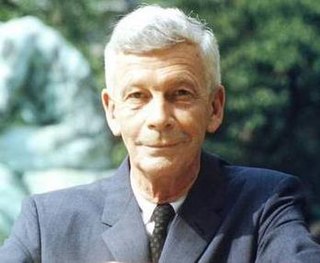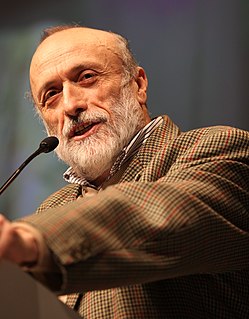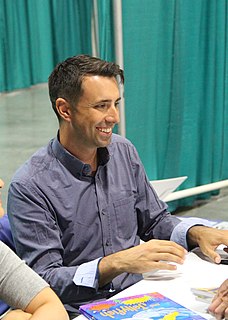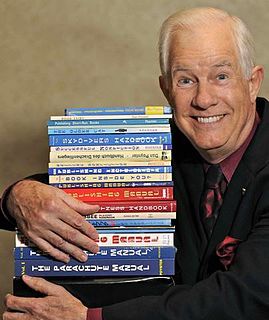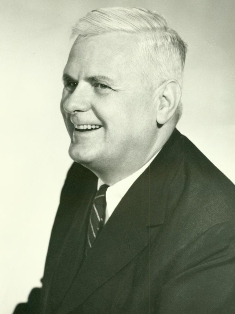A Quote by Sarah Weinman
I've tried to slow this down but realized that my natural reading rhythm is freakishly fast when an author friend asked me to go through the manuscript of her soon-to-be-published book for continuity errors.
Related Quotes
Whether the author intended a symbolic resonance to exist in her book is irrelevant. All that matters is whether it's there. Because the book does not exist for the benefit of the author, the book exists for the benefit of YOU. If we as readers can have a bigger and richer experience with the world as a result of reading a symbol and that symbol wasn't intended by the author, WE STILL WIN.
Dancing. Come on. You can do it. It's a lot like navigating through a laser grid. It requires rhythm.' He moved her hips to the beat of the distant music. 'And patience.' He spun her around slowly and back toward him. 'And it's only fun if you trust your partner.' The dip was so slow, so smooth that Kat didn't know it was happening until the world was already turned upside down and Hale's face was inches from her own. Count me in, Kat.' He squeezed her tighter. 'You should always count me in.
Forrest Mims is the author of the famous book 'Getting Started in Electronics,' published by RadioShack for many years. I bought the book in the 1980s and had a blast making the projects in it. When I was editor-in-chief of 'MAKE,' I asked Forrest to write a column for the magazine, called 'The Backyard Scientist.'
What I like best is a book that's at least funny once in a while. What really knocks me out is a book that, when you're all done reading it, you wish the author that wrote it was a terrific friend of yours and you could call him up on the phone whenever you felt like it. That doesn't happen much, though.
I had Paterson, and The Art Lover, to guide me for The Tales of Horror (written from 1988-'97 and published in 1999), but I still was so lost, back then, as I tried to understand what I was writing and how it went together. There was a draft of that manuscript that had all these brightly colored paper clips on the pages so I could visualize what I saw as the book's themes and threads - that was a long time ago.
He shrugged. "I was...thinking." "About what?" "The fires of purgatory." She had to sit down. He wasn't making any sense now. "What does that mean?" she asked. "Patrick told me he would walk through the fires of purgatory if he had to in order to please his wife." She went over to the bed and sat down on the side. "And?" she prodded when he didn't continue. He stripped out of his clothing and walked over to her. He pulled her to her feet and stared down to her. "And I have only just realized I would do the same for you.
One of the most useful parts of my education as a writer was the practice of reading a writer straight through - every book the writer published, in chronological order, to see how the writer changed over time, and to see how the writer's idea of his or her project changed over time, and to see all the writer tried and accomplished or failed to accomplish.


